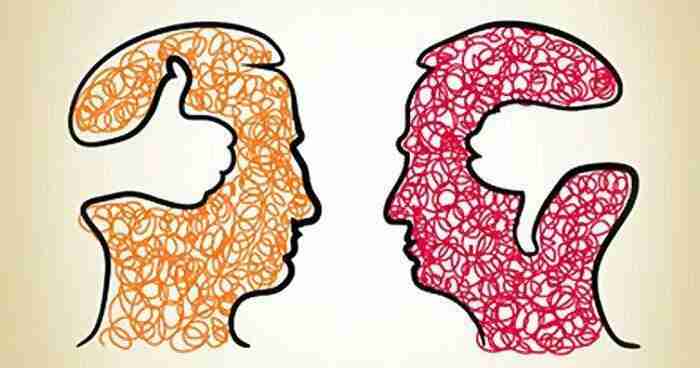We all go through various life experiences that shape the ways we think, perceive, and feel about different things and people. These experiences influence us in a way that then predisposes us towards a particular way of thinking or responding to future scenarios. This is known as a cognitive bias: a preconceived idea or belief about something based on the information we have available to us. Our brains have the tendency to create ‘mental shortcuts’ in order to speed up processing and gain a quicker understanding of what is in front of us. Given they stem from many of our personal encounters and observations, it is only natural that these thought patterns are biased, and perhaps not completely reflective of objective reality. Cognitive biases can hinder accurate and effective communications by distorting our perception or receipt of information, which can in turn create potentially damaging misconceptions/misinterpretations.
Types of Cognitive Biases
There are many different types of cognitive biases that can shape the way we perceive and respond to our environment, including the decisions we make.
Confirmation Bias:
One of the most common cognitive biases is the confirmation bias. This type of cognitive bias involves a person’s tendency to seek out or pay attention to information in support of an existing belief, while overlooking information that supports the contrary. Perceiving the environment in such a way can lead to flawed reasoning that can have detrimental follow-on effects. Any belief can bring about confirmation bias – even negative beliefs about ourselves and/or others. For example, a person who holds the belief that “no one can be trusted” may perceive even minor transgressions as evidence of another person’s untrustworthiness, while overlooking examples of people who commit trustworthy acts or dismissing their behaviours as disingenuous.
Group Attribution Error:
Another cognitive bias that people often fall prey to is group attribution error – this occurs when a person overgeneralises the behaviours and characteristics of a group based on an interaction with one member (or very few members) of the group. This can then shape our subsequent behaviours and the choices we make. For example, a person who assumes all medical professionals are dismissive and arrogant based on a negative experience during a consult may be making a group attribution error. This type of cognitive bias could further undermine that individual’s quality of life should they begin to avoid seeking medical treatment due to the expectation that they will not be listened to or provided quality care; or communicate in a confrontational or resistant manner during future health-related visits.
Why do we use ‘Mental Shortcuts’?
Creating ‘mental shortcuts’ is a natural tendency for our brains that can be helpful in certain situations by expediting processing speed and reducing demands on our brainpower. However, this can also be detrimental when it creates cognitive biases that then shapes our behaviours in ways that are harmful to our health and hinder our wellbeing. Although it is only natural for us all to be susceptible to flawed reasoning, by remaining vigilant and self-aware while constantly checking in with ourselves to ask whether we have considered all the facts we can protect ourselves from being ruled by our brains’ cognitive biases.
